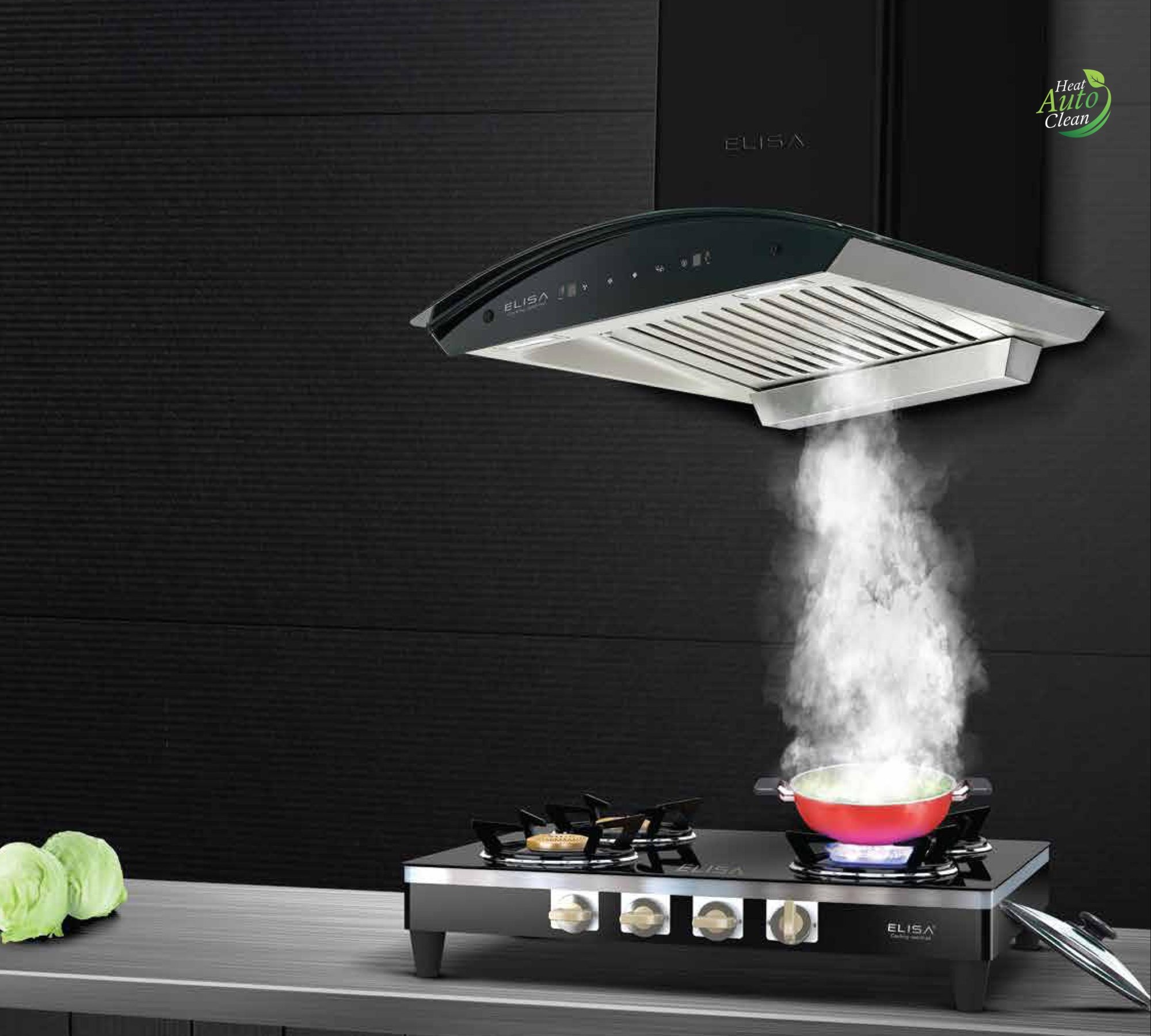
Chimneys, though often overlooked, play a pivotal role in maintaining the safety and operational efficiency of home heating systems. In the picturesque city of Bend, Oregon, where the winter can weave a chilly tapestry, the significance of having a well-maintained chimney cannot be overstated. Ensuring that your chimney is in top condition is not just a matter of efficiency; it is crucial for the safety of your home and family.
Chimneys have been an integral part of residential architecture for centuries, serving as more than just conduits for smoke and combustion byproducts. These vertical structures play a crucial role in maintaining indoor air quality, regulating temperature, and ensuring the safe operation of heating appliances. In today’s homes, chimneys continue to be indispensable components, particularly in regions with colder climates.
For instance, in areas like Bend, Oregon, where winters can be harsh, a properly functioning chimney is essential. Residents often rely on the expertise of a skilled chimney sweep Bend Oregon to maintain their chimneys and ensure optimal performance throughout the year. The importance of chimneys extends beyond their primary function, as they also contribute to the overall aesthetic appeal of a home’s exterior and interior design.
The Role of Chimneys in Modern Homes
The primary function of a chimney is to safely vent smoke and combustion products away from your home. This is vital to ensure that indoor air quality remains safe and that the risk of fire from a clogged or damaged chimney is minimized. Modern chimneys are designed with a variety of materials and technologies to improve their efficiency and safety. Advances in thermal insulation and structural engineering have made chimneys not only more efficient at conducting heat but also safer and more durable.
Understanding Chimney Anatomy and Functionality
To fully appreciate the significance of chimneys, it is essential to comprehend their intricate anatomy and functionality. A typical chimney consists of several key components, each serving a specific purpose in the overall system. The flue, which is the primary channel for smoke and gases, is often lined with materials such as clay tiles or stainless steel to prevent heat transfer and protect the surrounding structure. The chimney crown, located at the top of the chimney, acts as a protective barrier against water infiltration and helps direct smoke away from the roof. The damper, typically situated near the base of the chimney, allows for control of airflow and heat retention when the fireplace is not in use. Understanding these components and their interrelationships is crucial for maintaining a safe and efficient chimney system.
Common Chimney Problems and Their Impacts
Chimney maintenance is often neglected until a noticeable problem arises. Common issues include blockages from nests or debris, substantial creosote buildup, and wear and tear on chimney structures. These problems can lead to dangerous chimney fires or carbon monoxide intrusion if the toxic gases are not properly vented outside. The efficiency of your heating system can also be drastically reduced, leading to higher energy costs and reduced comfort levels in your home.
Safety Considerations: Preventing Hazards and Protecting Your Home
One of the primary reasons for maintaining a well-functioning chimney is to ensure the safety of your home and its occupants. Neglected chimneys can pose significant risks, including the potential for chimney fires, carbon monoxide poisoning, and structural damage. Creosote, a highly combustible substance that accumulates on the inner walls of chimneys, is a leading cause of chimney fires. Regular inspections and cleanings by certified professionals can help mitigate this risk by removing creosote buildup and identifying potential issues before they escalate. Additionally, a properly maintained chimney helps prevent the backdrafting of harmful gases, such as carbon monoxide, into living spaces. This odorless and colorless gas can be lethal if allowed to accumulate in enclosed areas, making chimney maintenance a critical aspect of home safety.
Professional Chimney Maintenance: When and Why It’s Necessary
Beyond safety considerations, a well-maintained chimney can significantly contribute to the overall energy efficiency of your home. A chimney that is free from obstructions and properly sealed allows for optimal airflow, ensuring that heating appliances operate at peak efficiency. This, in turn, can lead to reduced fuel consumption and lower heating costs. Conversely, a neglected chimney can result in heat loss, forcing heating systems to work harder and consume more energy. Regular maintenance, such as sealing cracks and installing chimney caps, can help prevent heat escape and improve insulation. By investing in proper chimney care, homeowners can not only enhance the safety of their living environment but also realize long-term energy savings and reduce their carbon footprint.
To avert these issues, professional chimney maintenance is indispensable. A certified chimney sweep can effectively remove blockages, clear out hazardous creosote and assess the structural integrity of the chimney. In regions like Bend, Oregon, where heating systems are heavily utilized during the cold months, it is recommended to schedule chimney inspections at least once a year before the onset of winter. This proactive approach not only ensures that your chimney is safe but also optimizes your heating system’s efficiency.
Conclusion
The chimney is an essential component of your home’s heating infrastructure. Regular maintenance by a professional chimney sweep is crucial to ensure that it operates safely and efficiently. For residents of Bend, Oregon, taking the time to schedule regular inspections and cleanings can help avoid common problems associated with chimney neglect. Ultimately, the care you invest in your chimney is a direct investment in the safety and comfort of your home.
Write and Win: Participate in Creative writing Contest & International Essay Contest and win fabulous prizes.


